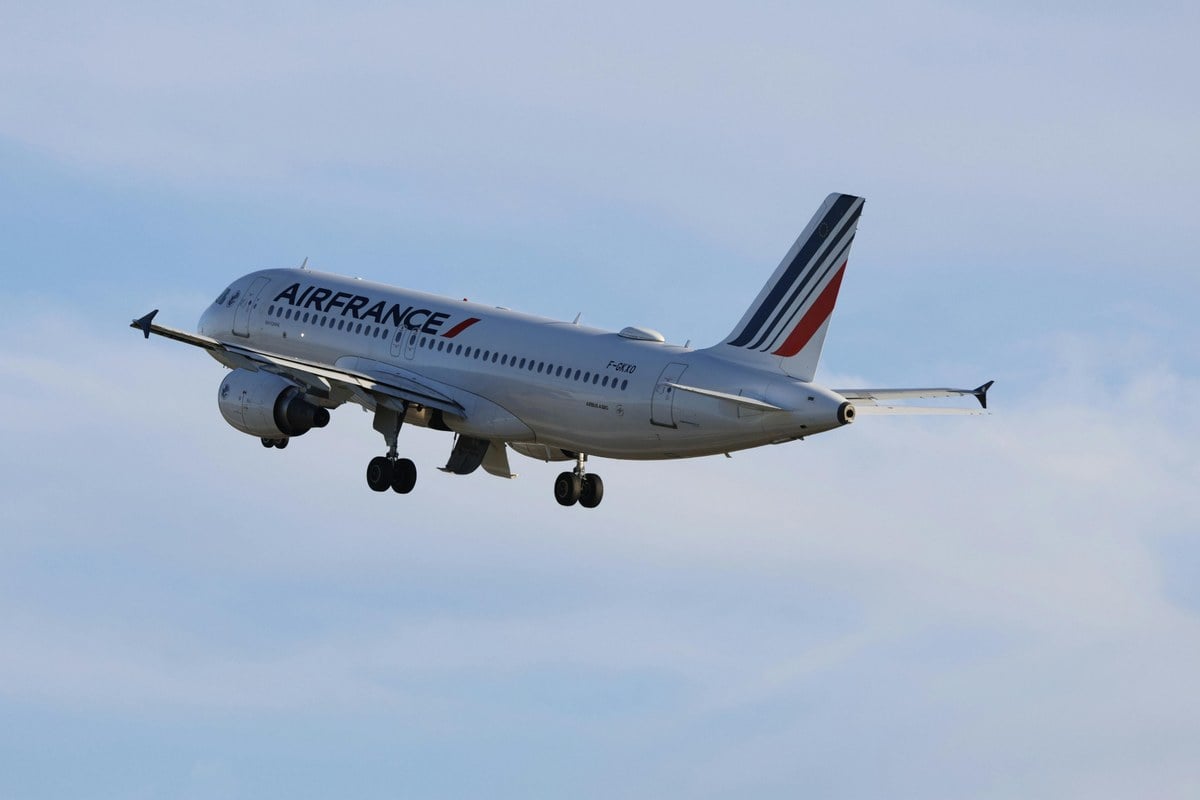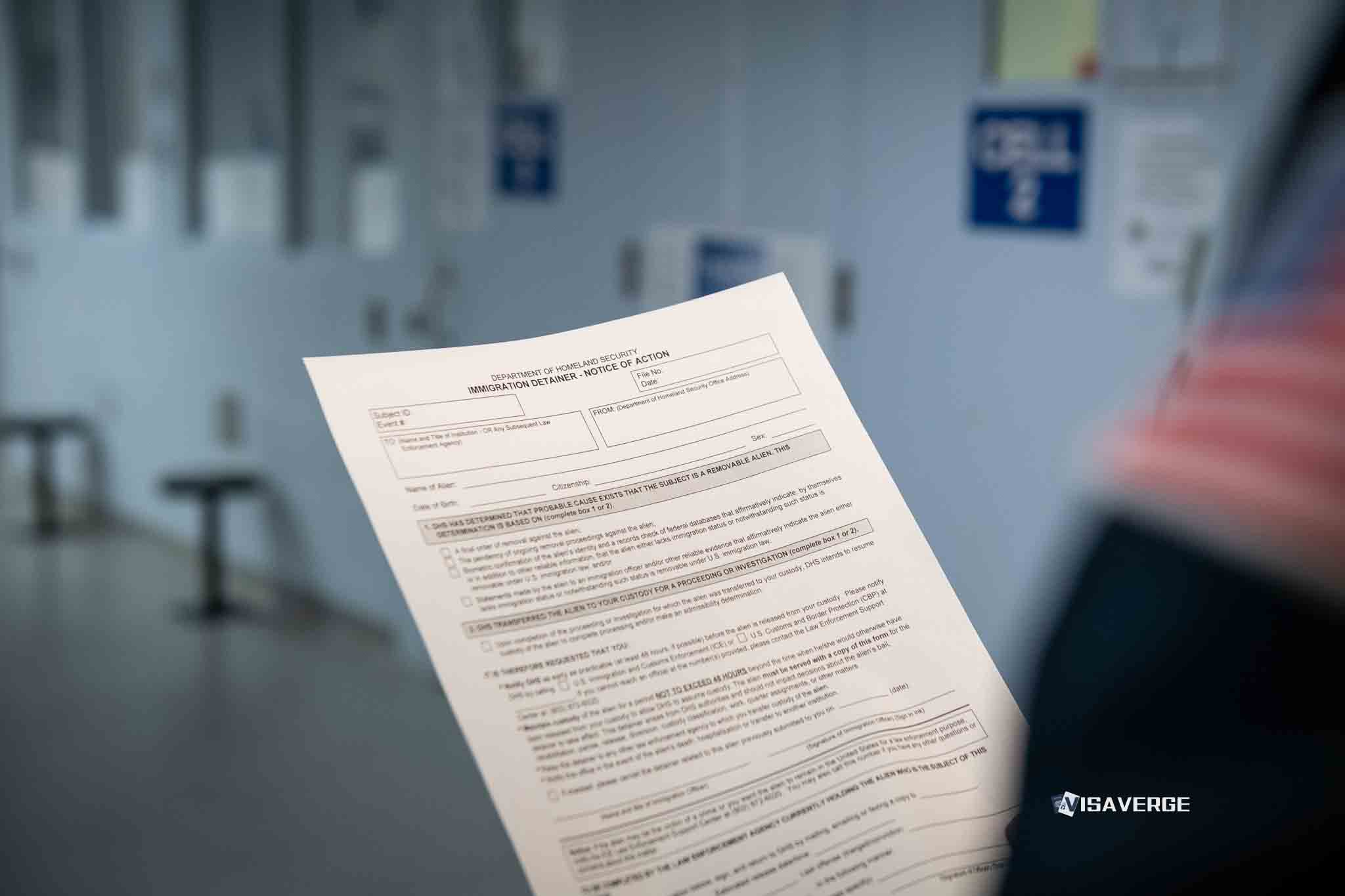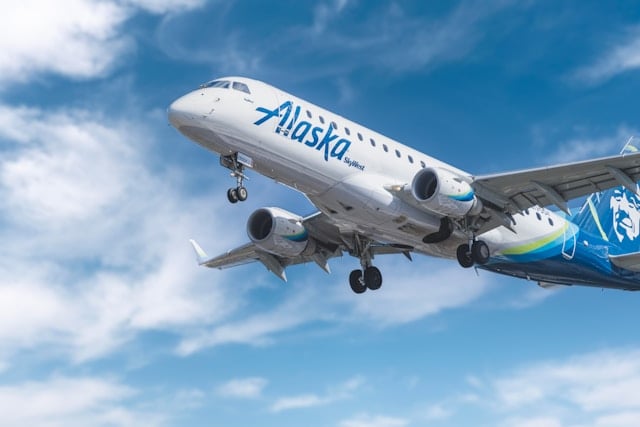Key Takeaways
• Air France resumed direct Paris-Tel Aviv flights on May 27, 2025, with seven weekly Boeing 777-300ER services.
• Flight suspension followed a missile strike near Tel Aviv’s airport, prompting safety reviews and improved protocols.
• Other airlines vary: some resumed flights, others extended suspensions; travelers should monitor updates and visa rules.
Air France Resumes Paris-Tel Aviv Flights: What It Means for Travelers, Businesses, and Israel’s Global Connections
On Tuesday, May 27, 2025, Air France officially resumed its direct flights between Paris Charles de Gaulle Airport and Tel Aviv Ben Gurion Airport. This move comes after a temporary suspension that began earlier in May due to a missile strike near Tel Aviv’s main airport. The return of Air France to this important route marks a major step in restoring international air travel to Israel 🇮🇱, especially as many other airlines continue to keep their flights on hold.

This article explains what led to the suspension, why Air France decided to return, how this affects travelers and businesses, and what the future might hold for air travel between Europe and the Middle East.
Why Did Air France Suspend Flights?
Earlier this month, Air France, along with many other international airlines, stopped flying to Tel Aviv Ben Gurion Airport. The main reason was a missile strike by Iranian-backed Houthi rebels, which hit the grounds of the airport. Although the airport itself was not directly targeted, the incident raised serious safety concerns for airlines, passengers, and crew.
When airlines face security threats like missile strikes, they must quickly decide whether it is safe to continue flying. In this case, Air France and others chose to suspend flights as a precaution. According to statements from the airline, the decision was based on “thorough risk assessments and improvements in security protocols.” This means that Air France worked closely with security experts and government agencies to decide when it would be safe to fly again.
What Changed? Why Are Flights Resuming Now?
After several weeks of monitoring the situation, Air France determined that conditions had improved enough to restart flights. The airline’s decision followed careful reviews of the security environment at Tel Aviv Ben Gurion Airport. Air France also worked with local and international authorities to make sure new safety measures were in place.
The resumption of flights officially began on May 27, 2025. Air France is now operating seven weekly flights between Paris Charles de Gaulle Airport and Tel Aviv Ben Gurion Airport. These flights use the Boeing 777-300ER, a large and modern aircraft known for its comfort, fuel efficiency, and ability to fly long distances.
Why Is the Paris-Tel Aviv Route So Important?
The direct air link between Paris Charles de Gaulle Airport and Tel Aviv Ben Gurion Airport is one of the most important routes connecting Europe and the Middle East. Here’s why this route matters so much:
- Business Travelers: Many businesspeople rely on this route to reach global markets. Paris is a major hub for international business, and Tel Aviv is a key center for technology and innovation.
- Tourists: Israel 🇮🇱 attracts millions of tourists each year who come to visit its historical, religious, and cultural sites. Direct flights make it easier for tourists from France 🇫🇷 and other parts of Europe to visit.
- Diaspora Communities: Many people have family or community ties between France 🇫🇷 and Israel 🇮🇱. Direct flights help them stay connected.
- Trade and Economy: Air travel supports trade by allowing goods and people to move quickly between countries. The Paris-Tel Aviv route helps strengthen economic ties between Europe and Israel 🇮🇱.
According to analysis from VisaVerge.com, the reopening of this route is expected to give a much-needed boost to Israel’s tourism industry, which has suffered from months of flight suspensions and regional tensions.
How Are Other Airlines Responding?
Air France is not the only airline to reconsider its flights to Israel 🇮🇱, but responses have varied. Some airlines have already resumed service, while others have extended their suspensions. Here’s a breakdown:
Airlines That Have Resumed Service
- Delta Air Lines: Resumed flights last week, ahead of most other major carriers.
- Air Europe
- Wizz Air
- Aegean Airlines
- Azerbaijan Airlines
These airlines have decided that it is now safe enough to fly to Tel Aviv Ben Gurion Airport, though each has its own process for assessing risk.
Airlines Still Suspending Flights
- Lufthansa Group (including SWISS, Austrian Airlines, Brussels Airlines, and Eurowings): Flights canceled until June 15, 2025.
- ITA Airways: Suspended until June 15, 2025.
- British Airways: All flights canceled until July 31, 2025.
- Ryanair: Canceled until June 11, 2025.
- easyJet: Will not resume until July 1, 2025.
- United Airlines: Canceled until June 12, 2025.
- Air Canada 🇨🇦: Canceled until September 8, 2025.
The Lufthansa Group explained its decision by saying it needed a “fresh assessment of the security situation.” The group also stated, “The safety of our passengers and crew is our top priority.” Passengers affected by these cancellations can cancel or rebook their flights without penalty.
What Does This Mean for Travelers?
For people who need to travel between Paris and Tel Aviv, the return of Air France flights is a big relief. Here’s what travelers should know:
- Regular Schedule: Air France now offers seven flights per week, making it easier to plan trips.
- Modern Aircraft: The Boeing 777-300ER is known for comfort and reliability, which can make long flights more pleasant.
- Travel Flexibility: Because the situation can change quickly, travelers should stay in touch with their airline and be ready to adjust plans if needed.
- Booking Options: With many airlines still suspending flights, Air France provides a crucial option for those who must travel for business, family, or other reasons.
It’s important for travelers to check the latest updates from their airline before booking or heading to the airport. Airline policies and regional security assessments can change with little notice.
How Does This Affect Businesses and the Economy?
The reopening of the Paris-Tel Aviv route is not just good news for tourists and families—it’s also important for businesses and the wider economy. Here’s how:
- Business Travel: Many companies rely on direct flights for meetings, deals, and partnerships. The return of Air France flights helps restore these connections.
- Trade: Air cargo often travels on passenger flights. The resumption of service means goods can move more easily between France 🇫🇷, Israel 🇮🇱, and beyond.
- Tourism Industry: Hotels, restaurants, tour operators, and other businesses in Israel 🇮🇱 depend on international visitors. More flights mean more tourists and more income for these businesses.
- Job Creation: Airlines, airports, and related industries employ thousands of people. The return of flights helps protect these jobs.
What About Immigration and Visa Issues?
For many travelers, especially those visiting family or moving for work, understanding visa and immigration rules is just as important as booking a flight. The reopening of direct flights makes it easier for people to apply for visas, attend interviews, or complete immigration paperwork in person.
Travelers should always check the latest visa requirements before flying. For official information on visa policies and entry requirements for France 🇫🇷, travelers can visit the French government’s official visa website.
If you are planning to travel to Israel 🇮🇱, you should also check the Israel Ministry of Foreign Affairs for up-to-date information on entry requirements, visa types, and any special rules related to the current security situation.
What Should Travelers Do Now?
If you are planning to fly between Paris Charles de Gaulle Airport and Tel Aviv Ben Gurion Airport, here are some practical steps to follow:
- Check Airline Updates: Visit the Air France website or contact customer service for the latest flight information.
- Monitor Security Advisories: Stay informed about the security situation in Israel 🇮🇱 by checking government travel advisories.
- Review Visa Requirements: Make sure you have the correct visa or travel documents before booking your flight.
- Be Flexible: Have backup plans in case flights are delayed, rescheduled, or canceled.
- Stay Connected: Sign up for airline alerts and check your email regularly for updates about your flight.
What Are the Risks and Uncertainties?
While the return of Air France flights is a positive sign, the situation in the region remains unpredictable. Airlines must constantly review security risks and may change their schedules at short notice. Travelers should be aware that:
- Flight Schedules Can Change: Even after booking, flights may be delayed or canceled if the security situation worsens.
- Insurance May Be Limited: Some travel insurance policies do not cover disruptions caused by war or terrorism. Check your policy carefully.
- Entry Rules May Change: Governments can change entry requirements quickly in response to security threats.
How Might Other Airlines Respond?
Aviation experts believe that Air France’s decision to resume flights could encourage other airlines to return to Tel Aviv sooner than planned. For example, United Airlines might move up its planned restart date to compete with Delta and Air France. However, each airline has its own process for assessing risk and making decisions.
The different timelines for resuming flights show how complex it is to operate in areas with security concerns. While Air France’s return suggests that conditions are improving, the continued suspensions by other airlines show that many still have serious concerns.
What Does This Mean for the Future of Air Travel to Israel?
The reopening of the Paris-Tel Aviv route is an important step toward normalizing international travel to Israel 🇮🇱. It shows that airlines and governments are working together to manage risks and restore connections. However, the situation remains fluid, and travelers should expect some uncertainty for the foreseeable future.
As reported by VisaVerge.com, the return of direct flights is likely to help Israel’s tourism industry recover and make it easier for people to visit, work, and do business. At the same time, travelers and businesses must stay alert to changes in the security environment and be ready to adjust their plans as needed.
Conclusion: Key Takeaways for Travelers and Stakeholders
- Air France has resumed direct flights between Paris Charles de Gaulle Airport and Tel Aviv Ben Gurion Airport as of May 27, 2025.
- Seven weekly flights now connect France 🇫🇷 and Israel 🇮🇱, using modern Boeing 777-300ER aircraft.
- The route is vital for business, tourism, family connections, and trade between Europe and the Middle East.
- Other airlines are taking different approaches, with some resuming flights and others extending suspensions.
- Travelers should stay updated on flight schedules, security advisories, and visa requirements.
- The situation remains unpredictable, so flexibility and careful planning are essential.
For official updates on travel and visa requirements, visit the French government’s official visa website. By staying informed and prepared, travelers and businesses can make the most of the renewed connections between Paris and Tel Aviv, even in uncertain times.
Learn Today
Boeing 777-300ER → A large, fuel-efficient aircraft designed for long-haul flights with enhanced passenger comfort.
Missile strike → An attack using guided missiles targeting an area near Tel Aviv’s main airport, affecting air travel safety.
Flight suspension → Temporary halt of airline services due to security threats or operational risks.
Visa requirements → Official documents and permissions required to enter or stay in a foreign country.
Security protocols → Established procedures and measures to ensure passenger, crew, and airport safety.
This Article in a Nutshell
Air France restarted Paris-Tel Aviv flights on May 27, 2025, restoring a vital route for business and tourism amid regional security concerns. This move boosts Israel’s connectivity despite ongoing suspensions by other airlines, emphasizing Air France’s confidence in improved safety and enhanced security protocols at Ben Gurion Airport.
— By VisaVerge.com













